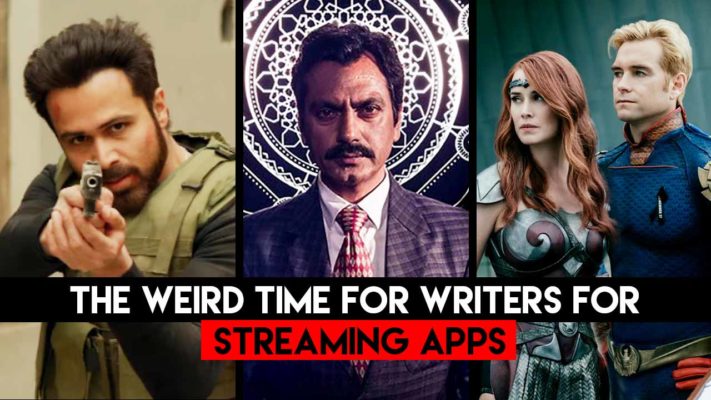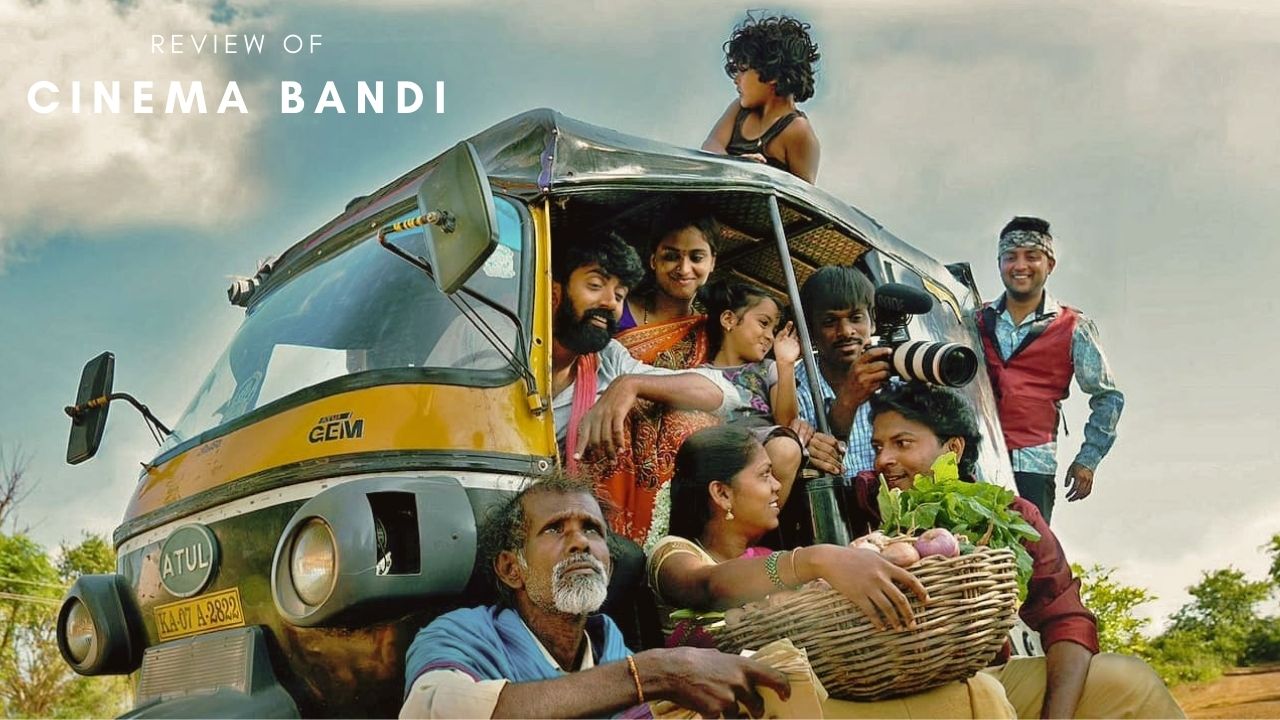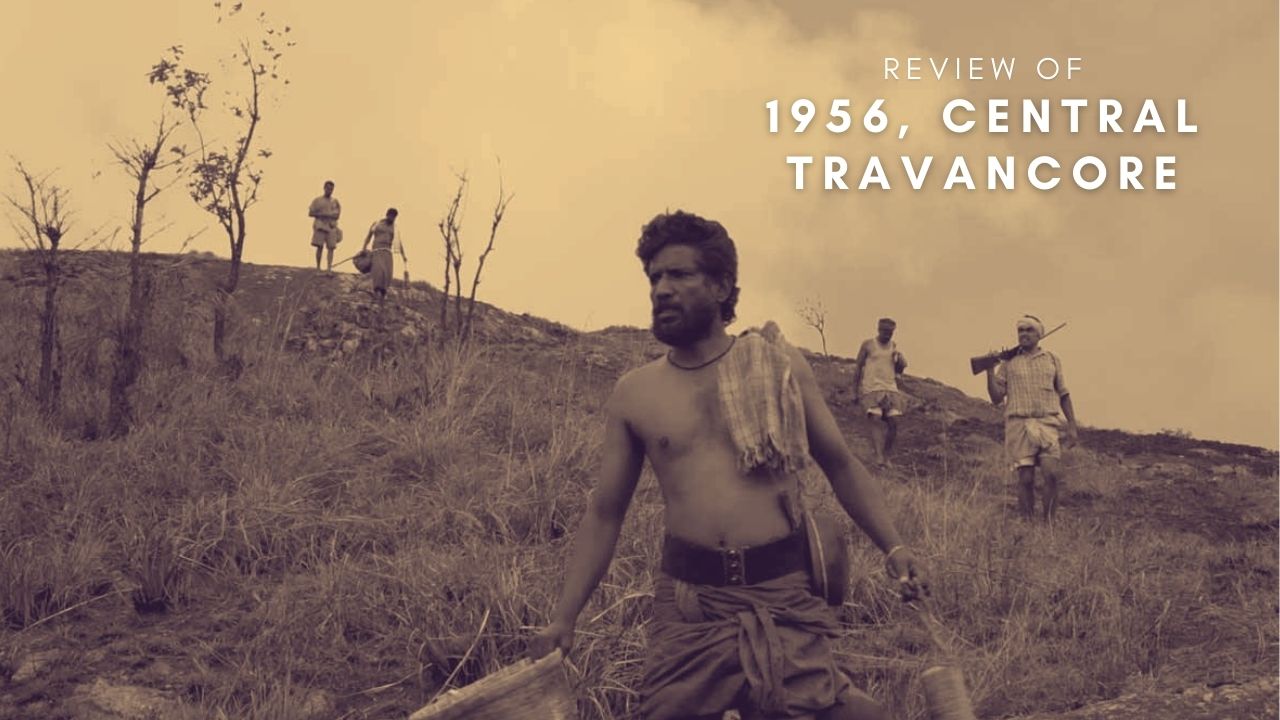
When It Rains It Drowns – The OTT Bubble
We live in the user driven digital age. To put in other words, today the biggest software solutions which have inhabited our existence, are all User Generated. Classic examples are Facebook, Whatsapp, Instagram, Tik Tok or SnapChat. Technology from the early days of a group of individuals creating content for the population to enjoy, has now come to the level of people creating content for themselves. In this context, we no longer have to wait for a good movie to come once every couple of months, to satisfy our boredom or academic interests. We have other avenues to do that. You need videos, there’s YouTube which will give you fresh content by the minute. There’s Instagram which will show what everyone is upto within seconds. And then ofcourse, if you need to instantly know what is trending across the world, you can always get on the Twitter. However, over the last couple of years, we have been hosts to an influx of technology which has changed how we consume entertainment forever. The Streaming Apps.
Today, India is the biggest and the most conducive market for OTT (Over The Top) apps. As of the last count, by Ernst and Young report 2017, the market has been flooded or registered for release, by almost 90 streaming apps within that one year alone. This number is going to escalate to a predicted 150 by the end of 2019, and 300 by the end of 2021. If all goes well, Streaming Apps will replace the collective entertainment scaffold of Television, Music devices, and specifically Feature films. As it were, personal entertainment, as has been seen time and again, will triumph over communal entertainment. When we take that into consideration, it goes without saying that the demand for content will increase exponentially as well.
Consider this. A successful OTT to stay on top of its game and establish its own market demographic, requires a minimum 100 hours of (continual and original) content available on its application. It’s a simple logic therefore, that if we are seeing 300 OTT platforms, all vying for original content, we are essentially looking at 30,000 hours of creative content. To give a perspective, that’s roughly equal to 10,000 movies. Compare that to the usual output of movies coming out of India collectively per year. India produces 2000-2200 movies every year. So basically, the demand for scripts is five times more now because of the OTT’s. And that’s just a static figure. Factor in the already existing demand for movies as well, and you have a cumulative demand 10,000 movie comparatives + 2000 movies. We come to a mammoth figure of 12,000 movie scripts which will be demanded out of writers of the country.
What Does This Cyclone Of OTT’s Mean To An Average Creative Writer…
Although it is mathematically making sense, that there will be an incredible amount of demand for scripts and concepts in this year and going forward, does that really mean that writers are going to have a field day at work? To some extent yes. But when you look at demand, we cannot discount the factor of Quality vs Quantity. Presently, the aforementioned, 100 hours of content per app, is the motto which is driving the OTT’s. Yes, they are loading up ‘web series’ left and right. Any and all scripts are being accepted by OTT’s, depending upon their sensibilities and whims. Nothing to judge there, cause it’s all business. However, because the demand is high, and supply is low, the selling of a web series script or web featurette is considerably easy given the writer bears the cross of credibility. It serves to the purpose of OTT’s, and to some extent the financial needs of a creative content writer, who stereotypically have always been struggling to make ends meet. And so that brings me to the question again. What does the cyclone of OTT’s mean to an average writer?
There are opportunities for everyone. It’s a mad rush out there. But in all that, it also becomes a daunting task to maintain creative finesse and quality. In the rush to push out as much content from their side, writers today are often left doing what they shouldn’t be doing. Treat every idea as a money-making opportunity.
This is the curse of a writer. When you start thinking of every idea you ever had to be worthy of making some money, then telling from experience, you fail to come up with new ideas. As a writer, you are bound within the framework of these ideas, never ever stepping out of it. In doing so, the philosophy of an average writer changes from ‘a story you need to tell’ to ‘a story you can tell’. Quality vs Quantity. Writers are tempted to step into the quick sand. OTT’s will, as I foresee it, will force the writers to encourage mediocre content, never pushing the boundaries of exemplary story telling. As we faced the economic recession back in 2008, this time we will be hit with content recession, where at a peak point, the OTT’s will have procured, locked or signed up scripts which unfortunately will never be made, owing to lack of content or actors. Thus, everyone wants a piece of pie, but no one wants to bake one.
What Do The OTT Platforms Need To Understand?
When you stroll to the other side, from the perspective of OTT’s, everything seems fair. But that’s not the reality. Although, writers are gleefully stepping into the quicksand, and throwing around content like never before, the job of OTT becomes all the more precarious. As I mentioned before, the competition is going to grow denser by the year. Every single streaming app wants to be the next Netflix or Hulu or Amazon Prime. And ironically, everyone of these apps, want to have the next ‘Sacred Games’ or ‘Made In Heaven’ on their platforms. Let there be no doubt that there is absolutely no dearth in writers or writings which are on par with the aforementioned shows. However, the fact that has been bothering me from the inception of this OTT bubble is that, Apps fail to define their limitations. You see, they want a script which is similar to Sacred Games, but then they are unwilling to spend a proper buck in making them. Therefore it becomes a cheap thrill for OTT’s more often than not, to the dismay of the viewers.
Another major thing that seems to restrict and define the market simultaneously is that OTT’s have ever changing philosophies. Given the creative range that each app voluntarily wants to achieve, sticking to one genre doesn’t look a viable option. However, as can be seen in the report, OTT’s today prefer only comedies and young romance. Unfortunately, that defines a path for writers to forcefully adhere to a fixed genre. The reason most often than not is the perspective towards making comedies the main staple food. And as it is, comedy scripts, are the toughest to write. In that, a particular genre definition is always going to define the sways and moods of the market.
The Effect Of Talent On Screen…
OTT’s also need to understand the effect of the talents not just off screen but also on-screen. You see, from personal experience, even a brilliant script speckled with intent and intellect, will fail to take off, when there is no worthy face to act in it. In this regard, OTT’s mad rush can only be accommodated by new talents onscreen. It has to be a hard told truth, that any actor worth his salt, will prefer a movie if there’s a chance, over an OTT presentation, purely because a movie allows him immense exposure in the present state of things. Therefore, the duty of OTT’s perhaps is to look beyond the obvious talent and to mount unknown talent. OTT’s need to understand that there maybe scripts in thousands before them, but it is only a matter of time before there won’t be any left, given the constraints put on them of appealing to a particular genre and taste, and also on the other hand, satisfying a known and popular actor to take it up. It becomes almost an impossible task to do both presently, and the price will be paid by the writers who will see it as an effort done in vain.
Hence, in this mad rush of OTT’s the ideal way of going forward by the writers is to trust their instincts and not adhere to specific requirements, as experience tells that in a volatile and dynamic market, there cannot be any static requirements. A writer will only waste time if he starts abiding by the specific requirements, rather than produce what he is good at on a qualitative basis. On the other hand, OTT’s cannot allow themselves to be swayed by the dynamics of the movie industry. There is a stark cultural difference between OTT and film, coupled by a different set of audience for either. In accepting the fact that it is not a movie that they are making, OTT’s might be able to break the barrier and think out of the box, in terms of actors, talents, and scripts. Thus, establishing a revolutionary new age of entertainment, which is both rewarding and sustainable at the same time. What say?














